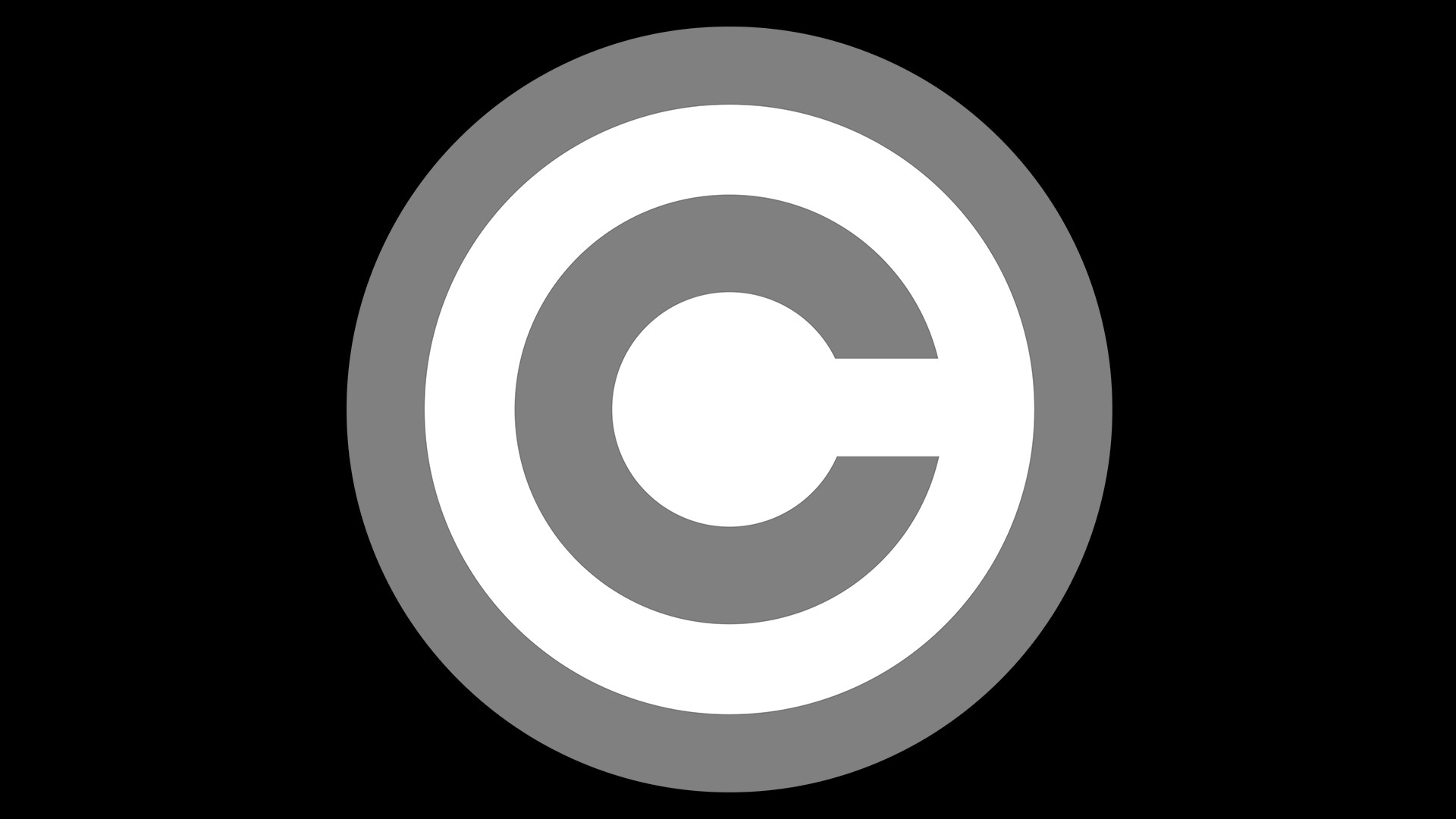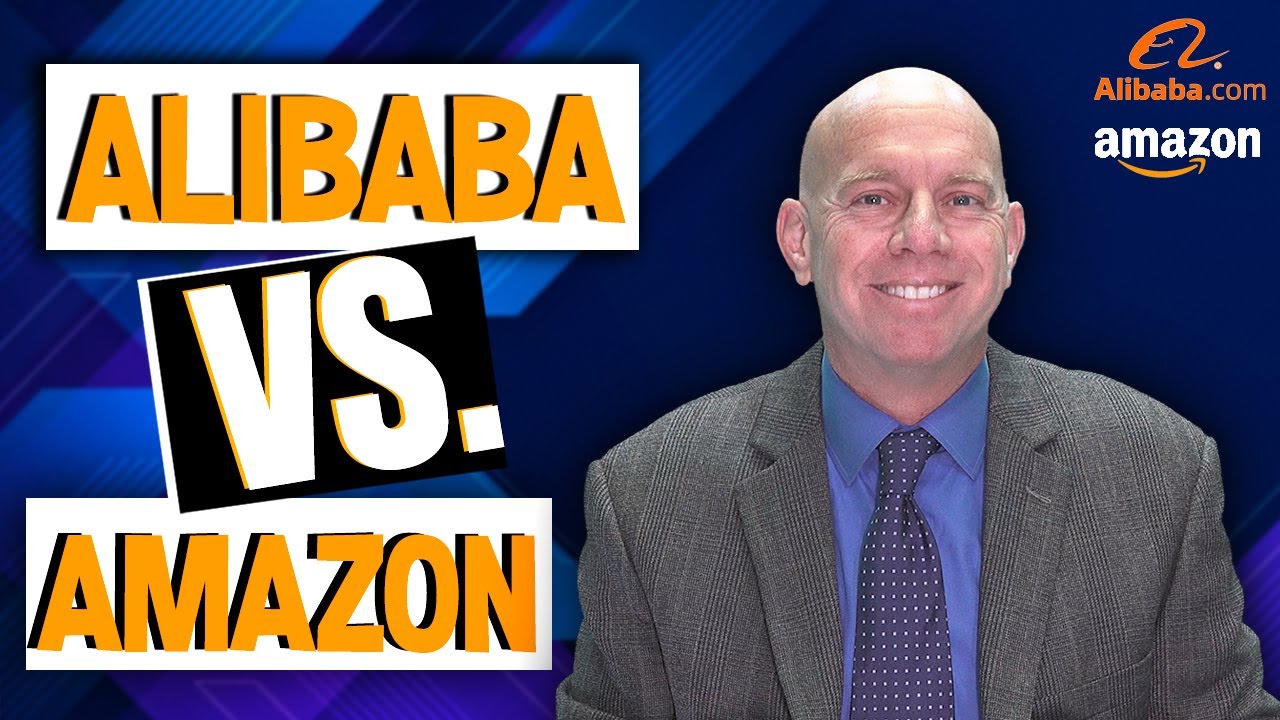
Copyright law exists to protect creators of original creative works. Generally, copyright is easier to obtain than a trademark. There is only one type of application, which is submitted to the U.S. Copyright office, and rights are immediately created once the work is made. For online sellers, the issues usually boil down to images and verbiage. Someone cannot use your pictures and people may not cut and paste your descriptions.
Copyright registration serves as a notice to others that your brand has the rights to the work.
Copyright protection is extended to the following 8 categories:
(1) literary works
(2) musical works, including any accompanying words
(3) dramatic works, including any accompanying music
(4) pantomimes and choreographic works
(5) pictorial, graphic, and sculptural works
(6) motion pictures and other audiovisual works;
(7) sound recordings
(8) architectural works [1]
A copyright serves to provide exclusive rights to the author of an original, creative work.
The Federal Copyright Act lists that “literary works; musical works, including any accompanying words; dramatic works, including any accompanying music; pantomimes and choreographic works; pictorial, graphic, and sculptural works; motion pictures and other audiovisual works; sound recordings; and architectural works” may be copyrighted.
A copyright exists automatically at the creation of an original work. As soon as an original idea evolves into a tangible form, it automatically gains the common law copyright protection regardless if it has been registered or not.
There are 6 basic protections automatically afforded under copyright:
1) to reproduce your work
2) prepare derivative works
3) distribute copies of your work
4) to publicly perform your work
5) to publicly display your work
6) to digitally transmit sound recordings of your work
Registration of creative works is extremely important for long term copyright protection of your brand.
Without registration of your brand, you forgo the ability to invoke certain protections. For example, registration is a pre-requisite for filing an infringement suit. If another seller is found using your creative work, such as an original image on merchandise, sellers must have registered rights to file a lawsuit. Without it, options are limited.
Registration entitles the rights holder to statutory damages and customs enforcement. [2] If the copyright is registered, sellers can list it with the International Trade Commission (ITC). The ITC will stop infringing products from entering the country, thus preventing the dilution of your brand. Some online platforms also require submission of registered rights in order to take advantage of their proprietary brand protection tools. Every seller should register as quickly as possible in order to remain protected.
Copyright, unlike trademark, is actually comprised of 6 distinct rights:
(1) to reproduce the copyrighted work in copies or phonorecords
(2) to prepare derivative works based upon the copyrighted work
(3) to distribute copies or phonorecords of the copyrighted work to the public by sale or other transfer of ownership, or by rental, lease, or lending
(4) in the case of literary, musical, dramatic, and choreographic works, pantomimes, and motion pictures and other audiovisual works, to perform the copyrighted work publicly
(5) in the case of literary, musical, dramatic, and choreographic works, pantomimes, and pictorial, graphic, or sculptural works, including the individual images of a motion picture or other audiovisual work, to display the copyrighted work publicly
(6) in the case of sound recordings, to perform the copyrighted work publicly by means of a digital audio transmission [3]
These rights can be divisible and assigned, so as you grow, you can license out your images and other copyrighted material. While, copyright may be simple, it should not be underestimated. Registration with the U.S. copyright office is one of the most important things you can do as a seller to proactively protect your brand.
Copyright Applications
Copyright is much simpler, application-wise. Copyrights are created as soon as the work is created and in a fixed medium. The application simply serves as a notice that you are the owner of the rights of the copyright. Copyrights may then be licensed out individually and recorded at the U.S. copyright office. However, you may retain all the rights individually as a private label seller or manufacturer.
[1] 17 U.S.C. § 102 (2016).
[2] Richard Cherpak & Levi Stewart, Sellers’ Guide to Copyright Law, ch. 5, Why File for Copyright.
[3] 17 U.S.C. § 106 (2016).









